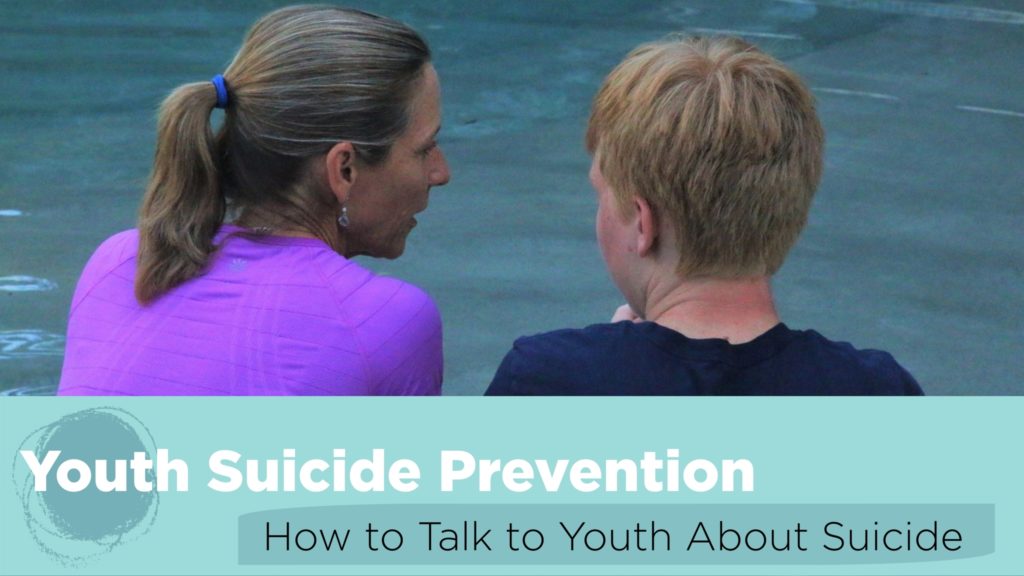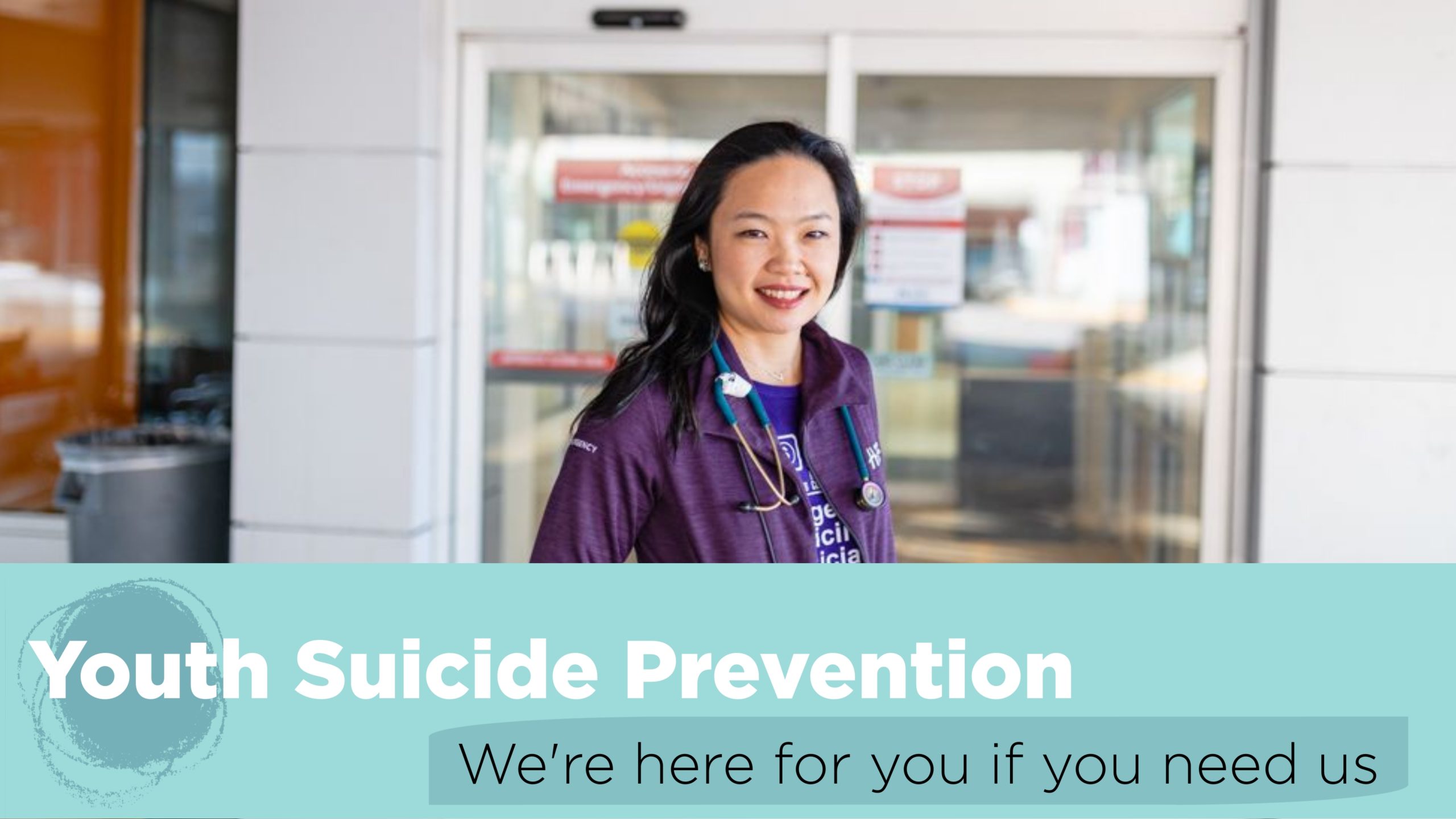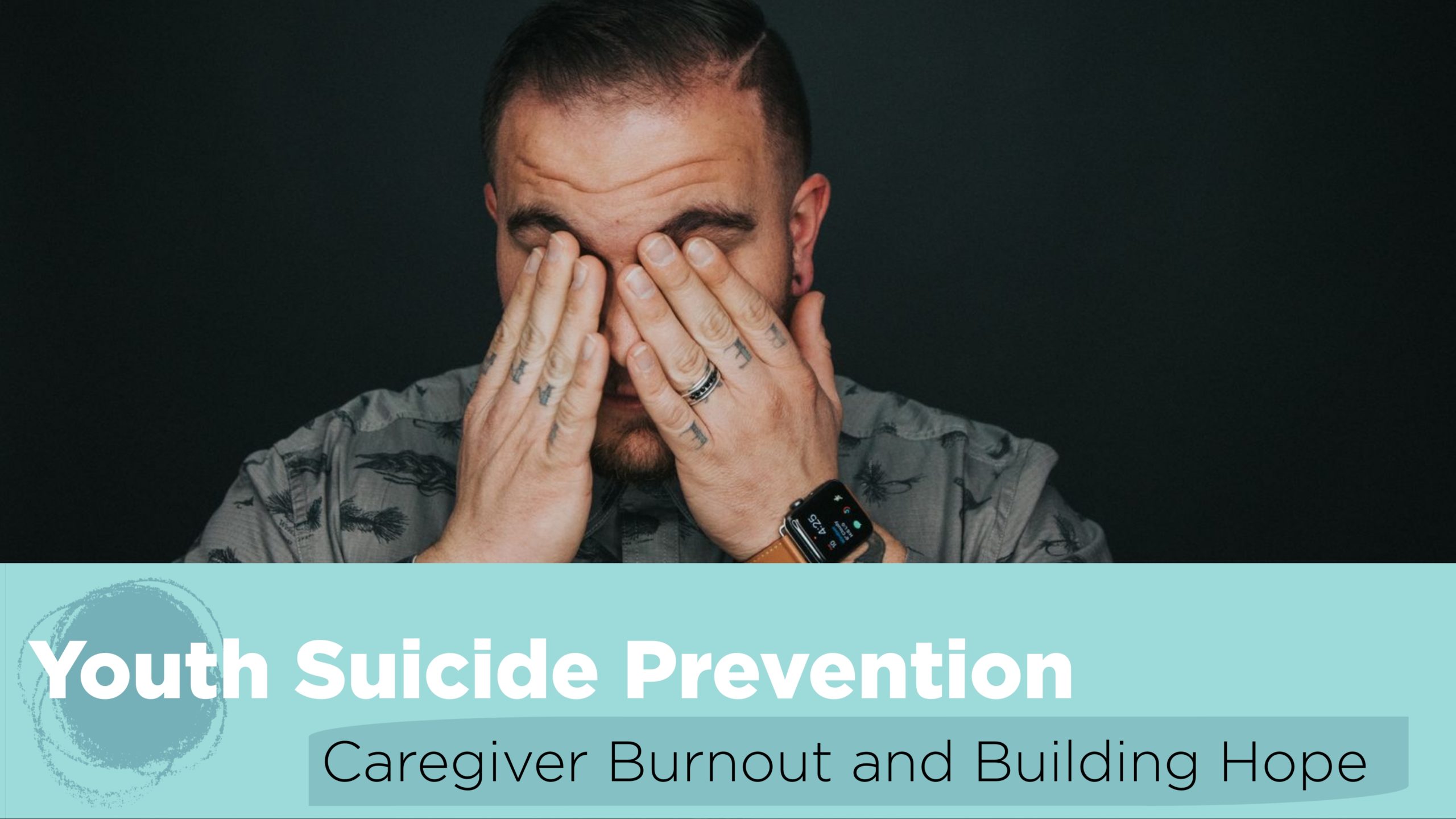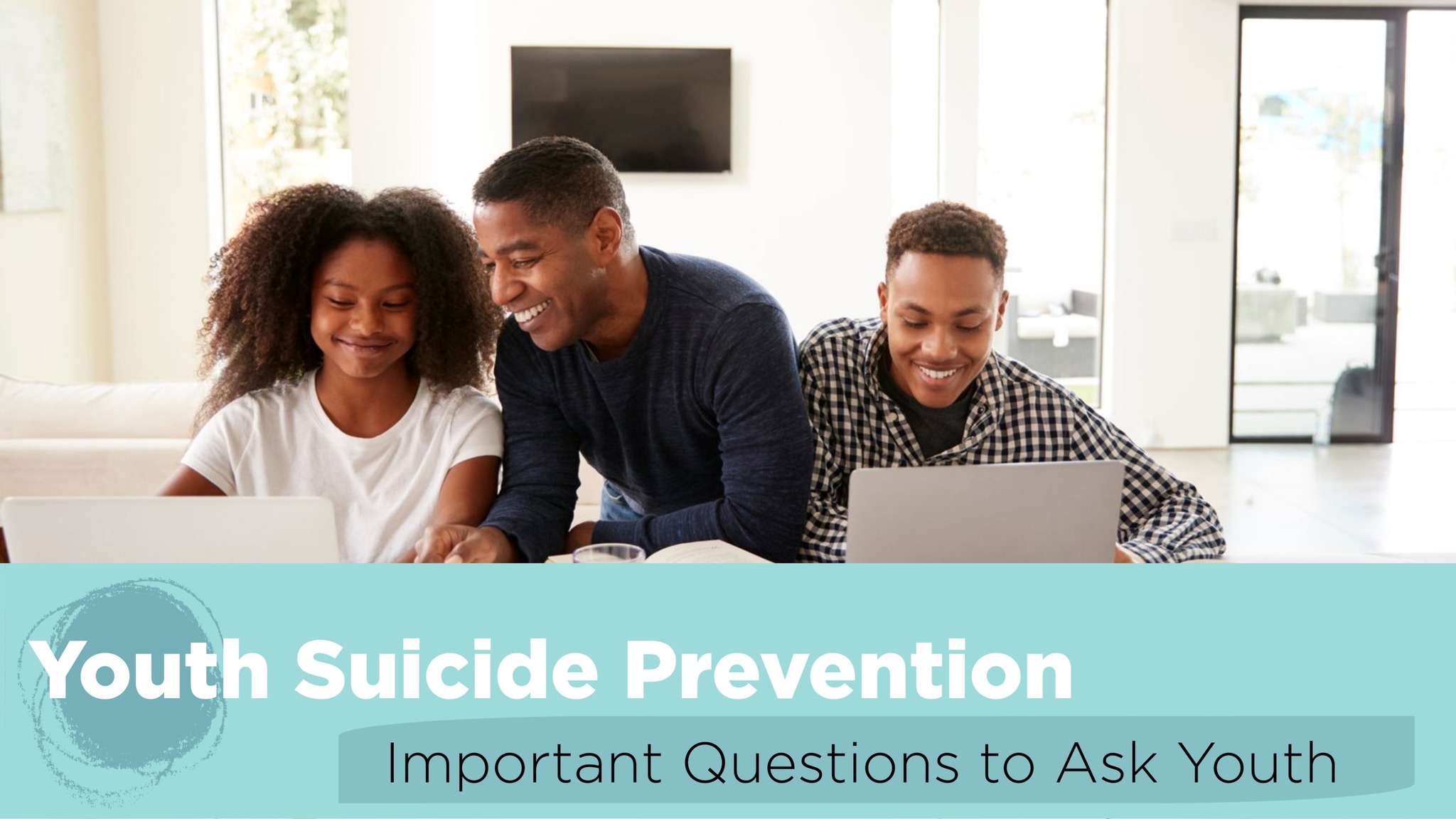
Youth suicide prevention series: How to talk to youth about suicide
By Jennifer Cometto, clinical psychologist, McMaster Children’s Hospital Child & Youth Mental Health Program
This video focuses on how caring adults can talk to young people about suicide. To fully dive into this important topic, please know that despite fears, all the evidence shows that talking about suicide does not cause people to consider ending their own life or even give them ideas. In fact, just the opposite is true. When the conversation is clearly done from a place of caring and support, talking about suicide significantly reduces the likelihood that someone will attempt to end their life.
To understand why that’s true, consider this: Research consistently shows that some of the most common experiences of people who consider ending their life by suicide are 1) that they think that they are a burden on other people and 2) that they feel lonely or see themselves as failing to belong. When someone is considering suicide, talking about suicide openly and often is an essential part of helping to ensure their safety. It’s the perfect opportunity to have the conversation in a way that allows young people to know that you care about them and are grateful — not burdened — that they are having the conversation with you.
In these conversations, aim to show young people this with your tone of voice, your body language and your words. They need to feel connected with you and feel that you are fully committed to helping them.
The four Cs
Here are some tips for how you might achieve that. Think of the four C’s and appear calm, confident, consistent and compassionate. It’s okay to feel differently on the inside, but on the outside it’s critical that you show you can handle whatever your young person tells you.
You’re not going to panic, sob or become angry. You can see how those reactions could result in your young person concluding that they really are a burden and alone in their struggles.
When I say consistent, I mean that young people need to feel confident that every time they talk to you about suicide, you’re going to have the same helpful response: calm, confident, compassionate and some of the other things that we’ll get to next which brings us to the next tip: validation.
Validation
This involves recognizing your young person’s deep felt emotional pain and how desperately they want their suffering to end, telling them that their emotions make sense and giving them specific reasons why.
For example, you might say something like “you’ve been suffering for so long and no one seems to understand your experience.” “You’ve been trying so hard and your efforts aren’t paying off the way that you need them to.” “It makes sense that you feel so hopeless about the future and even angry with other people, including me, for expecting you to keep going as if it’s easy to do.”
Notice how I only validated emotions. I never agreed with hopeless thoughts or the idea of suicide. That brings us to our next important tip. You must clearly say and be committed that suicide is not the answer, that it is possible for your young person to have their life worth living, that you believe and are committed to supporting their journey. This likely means supporting them in a way that you’ve not yet done or explored.
Gratitude and authenticity
It’s helpful to express gratitude, saying that you’re genuinely grateful that they’ve had this conversation, trusted you, been vulnerable. Perhaps grateful that they’ve given you another chance because this conversation may not have gone well in the past.
Finally it’s essential that you be authentic. The last tip is to simply be yourself. Your young person needs to recognize you in this conversation, not a professional, but their caregiver.
If you don’t normally speak in a soft, tender voice, don’t do it for this conversation either. Your young person needs to recognize the you that they know, that they take seriously. If you become emotional during the conversation, it’s okay. Just be sure to reassure your young person that you’re okay and explain that your tears are in recognition of their struggle.
Make sure that the conversation stays focused on your young person’s emotions, not your own. You might practice this conversation and get most of your feelings out before talking with your child or youth.
We never want young people to feel that they need to take care of us when they are the ones struggling. Having conversations about suicide is key. Ultimately it’s okay if you don’t know how to help your young person feel better or create their life worth living. Your plan can simply be to seek professional help from a family doctor, mental health professional, or going to your nearest emergency department. Let’s all agree there is no perfect way to have these conversations. So above all else, be willing to be imperfect. You are human.
Self-harm
We’ll end on a quick note about self-harm because when talking about suicide, self-harm can come up. Many caregivers describe themselves to be thrown off a little bit because they’re not quite sure how suicide and self-harm are related.
Self-harm involves purposely harming oneself without the intention to die. You may know that your young person is engaging in self-harm or can simply ask by saying something like, “have you ever hurt yourself on purpose?” If they are, it’s important to ask whether their intention is to end their life or something different.
Many people who engage in self-harm will often say that they have no intention of ending their life and self-harm is entirely to cope with stress, feel something, punish themselves or express a need for help. When young people harm themselves on purpose without any intention to end their life, it’s very different from suicide. However, self-harm can make it more likely that someone will die by suicide because people can become used to pain with self-harm which can actually make the idea of suicide less scary and more of a possibility when things are stressful.
Additionally, accidental death can occur with self-harm and so we always want to take it seriously. The more open the conversation with your young person, the more you’ll know and be able to keep them safe and recognize when involving professionals is a good idea.
Be sure to check out the other videos in this series for other important information on how to prevent suicide. For information on how to access mental health services and supports, see the list below.
If you or your child is experiencing a mental health crisis, call 911 or go to the nearest emergency department. You may also call a crisis line, listed below. To connect with public mental health services in your area, please contact your family doctor to consider your options. Some options for children up to 18 years old are listed below. In some cases, self-referral is possible.
Community Resources
CANADA-WIDE: Available 24/7
- Kids Help Phoneline 1-800-668-6868 Text and Live Chat options: https://kidshelpphone.ca/
- LGBT Youthline 647-694-4275 Live chat messaging available: https://www.youthline.ca/
- Trans LifeLine (All Ages) 1-877-330-6366
- Canada Suicide Prevention Service (CSPS) 1-833-456-4566
- First Nations and Inuit Hope for Wellness 1-855-242-3310
- Canadian Indian Residential Schools Crisis Line 1-866-925-4419
HAMILTON
- Crisis Line: COAST 905-972-8338; Toll Free: 1-844-972-8338 Answered 24-7
- Connection to public mental health services (0-18 years old): CONTACT Hamilton 905-570-8888 or info@contacthamilton.ca
BRANT/BRANTFORD
- Crisis Line: St. Leonard’s Mental Health Crisis Line 519-759-7188; Toll Free: 1-866-811-7188 Answered 24-7
- Connection to public mental health services (0-18 years old): CONTACT Brant 519-758-8228 or information@contactbrant.net
HALDIMAND NORFOLK REGION
- Crisis Line: Haldimand Norfolk REACH 1-866-327-3224 Answered 24-7
- Connection to public mental health services (0-18 years old): CONTACT Haldimand Norfolk 519-587-2441; Toll Free: 1-800-265-8087 x. 350
NIAGARA
- Crisis Line: Pathstone Crisis Support Line 1-800-263-4944 Answered 24-7
- Connection to public mental health services (0-18 years old): CONTACT Niagara 905-684-3407 or info@contactniagara.org
HALTON
- Crisis Line: ROCK Crisis Line 905-878-9785
- Connection to public mental health services (0-18 years old): Reach Out Centre for Kids (ROCK) 289-266-0036



